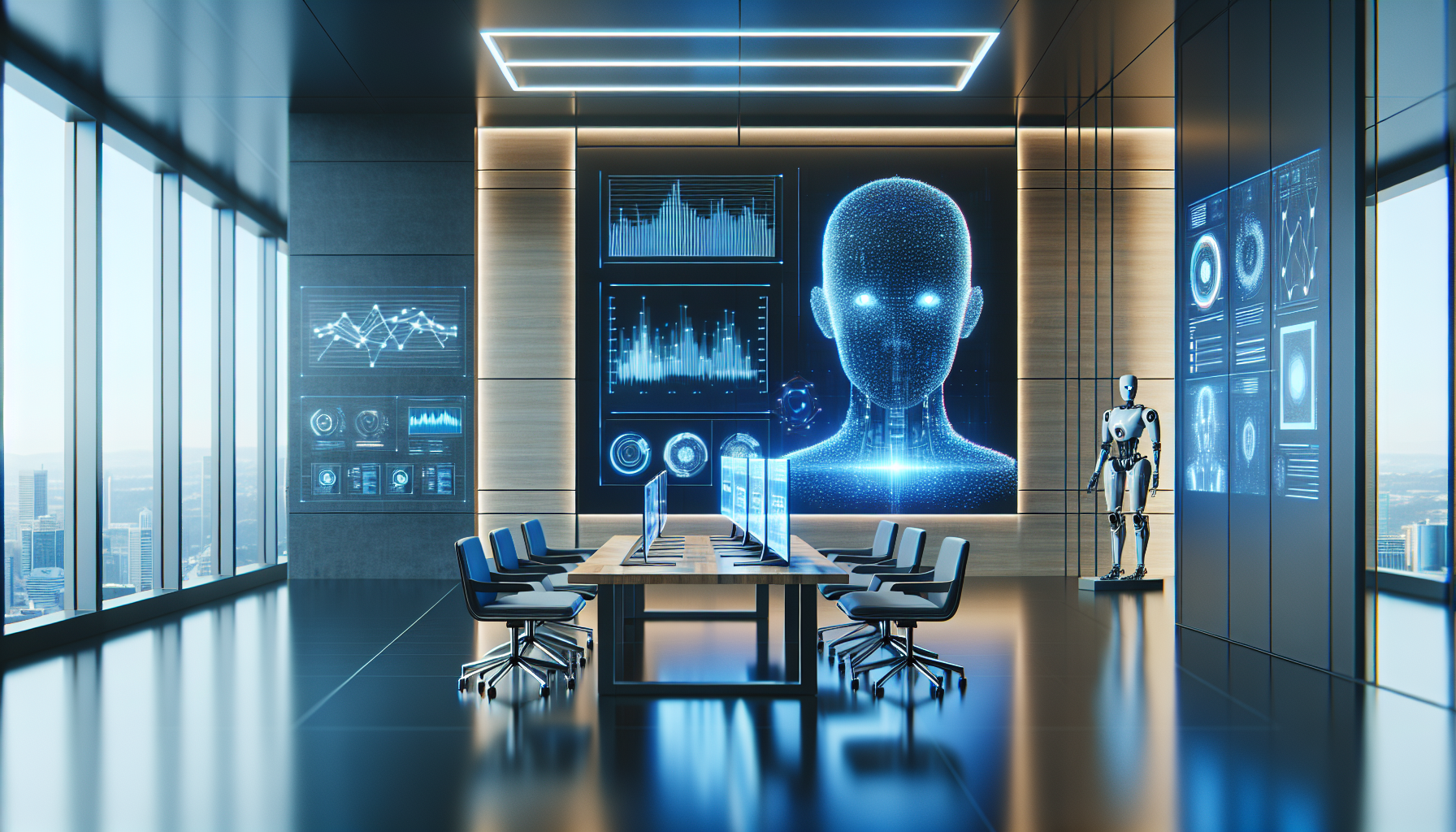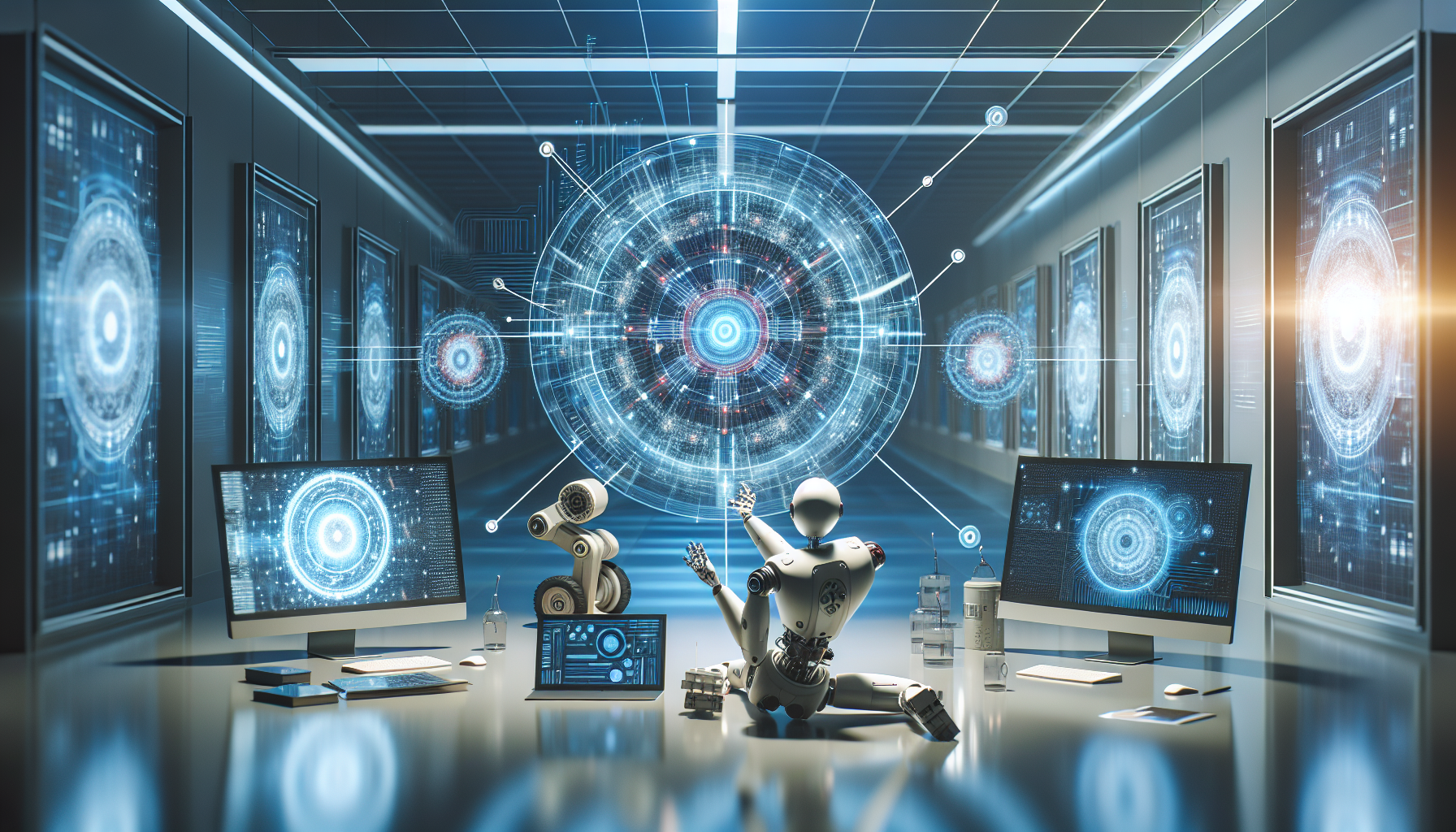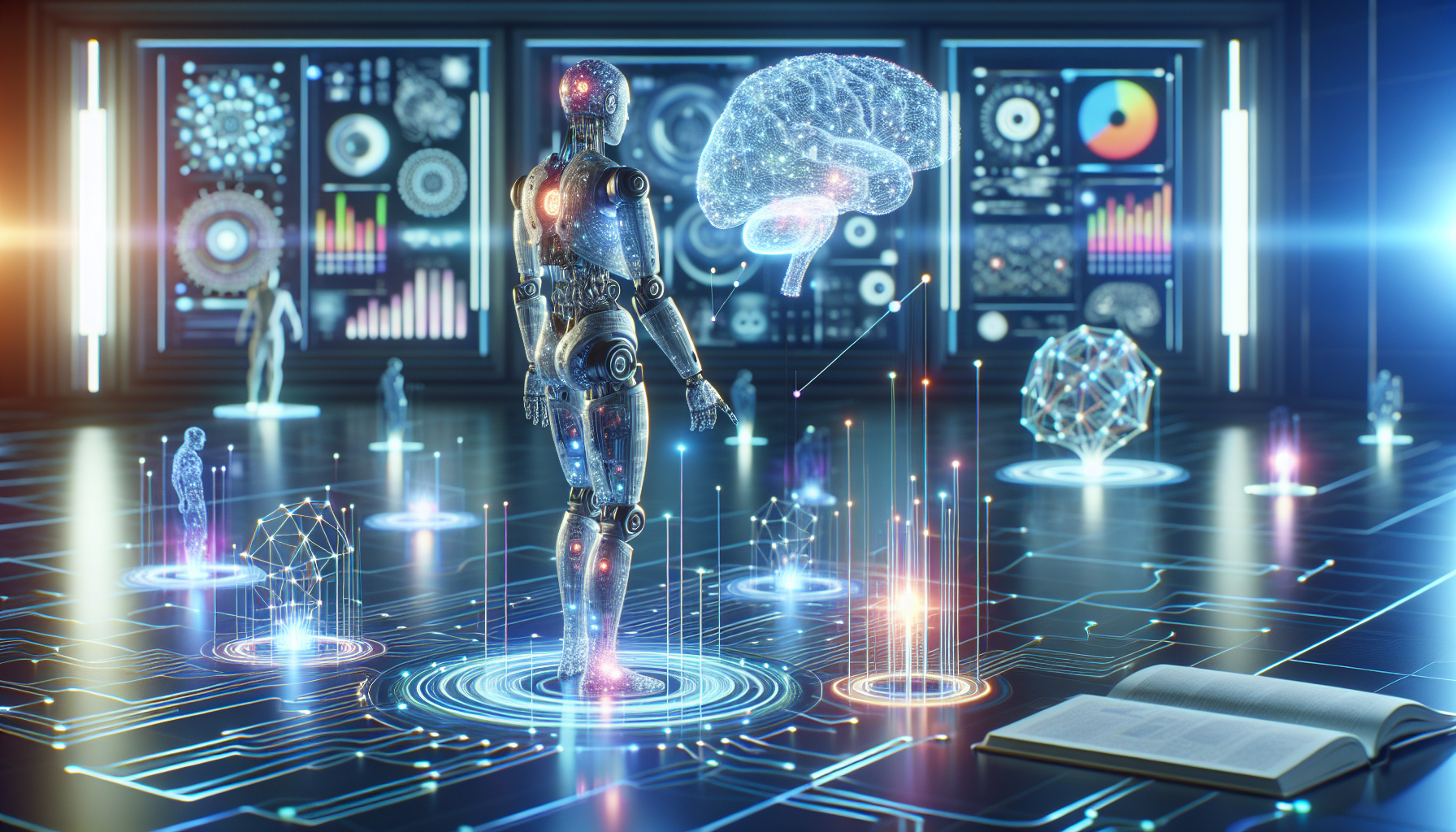
AI and Cybersecurity: A New Dawn in Digital Defense
July 29, 2025
Artificial intelligence is not just a tool; it's a revolution, an inspiring testament to human ingenuity. While it's easy to get lost in the whirl of futuristic possibilities AI offers, one of its most profound impacts is already unfolding in the realm of cybersecurity. This transformative technology is reshaping how we protect ourselves from digital threats, offering hope and assurance in a world where cyberattacks are as certain as the sunrise.
Artificial intelligence brings to life the idea that we can predict, identify, and neutralize threats with a precision previously thought impossible. Imagine an intelligent sentinel, tirelessly guarding the gates of our digital domains, learning with each passing moment. This is not a mere fantasy but the reality AI promises in cybersecurity. It offers a proactive stance against cyber threats, shifting from a reactive to a predictive and preventive model. This shift is not just strategic; it's monumental.
The heart of AI's power in cybersecurity lies in its ability to process and analyze vast amounts of data at lightning speed. Traditional security measures, constrained by human limitations, often fall short in the face of sophisticated cyberattacks. AI, however, excels in this arena, identifying patterns and anomalies across complex networks with unparalleled accuracy. This capability transforms data from a static resource into a dynamic shield, capable of detecting even the most subtle signs of an impending attack.
Yet, AI's role in cybersecurity extends beyond mere detection. It learns and adapts, continuously refining its understanding of threats. This adaptability means that even as cybercriminals evolve their tactics, AI evolves faster, anticipating moves and countering them with precision. This dynamic learning process is a dance of complexity and innovation, where AI becomes both student and teacher in the art of digital defense.
Consider the concept of AI-driven threat intelligence, which aggregates data from diverse sources to provide a comprehensive view of potential threats. This intelligence is not only vast but also actionable, equipping security teams with insights that are both deep and broad. The ability of AI to automate responses to detected threats further enhances its value, allowing for immediate action that can thwart attacks before they cause harm. This automation is not about replacing human input but augmenting it, creating a partnership that enhances our collective ability to protect vital digital infrastructures.
Furthermore, AI's potential to create personalized security solutions cannot be overstated. As cyber threats become increasingly targeted, a one-size-fits-all approach to cybersecurity is inadequate. AI's strength lies in its ability to customize defenses, tailoring them to the specific needs and vulnerabilities of individual systems. This personalized approach ensures that every digital entity, from small businesses to large corporations, receives the level of protection it requires.
However, with great power comes great responsibility. The implementation of AI in cybersecurity raises important ethical considerations. The technology's ability to access and process personal data must be handled with care to ensure privacy rights are upheld. Transparency in AI-driven processes is crucial in maintaining trust and ensuring that the benefits of AI in cybersecurity do not come at the cost of individual freedoms.
Despite these challenges, the potential of AI in cybersecurity is a beacon of hope. It represents a future where digital threats are not just managed but actively countered with innovation and foresight. The journey is still unfolding, and while AI might not be a panacea, it is undoubtedly a powerful ally in our quest for digital safety.
So, as we stand at this new dawn in digital defense, we are reminded of the boundless possibilities when human creativity meets technological advancement. The question is not whether AI will redefine cybersecurity but how we will harness its potential to build a safer digital world for generations to come. This is not merely a challenge to overcome but an opportunity to inspire, innovate, and lead. How will we rise to this occasion, crafting a legacy of resilience and security in an ever-connected world?


